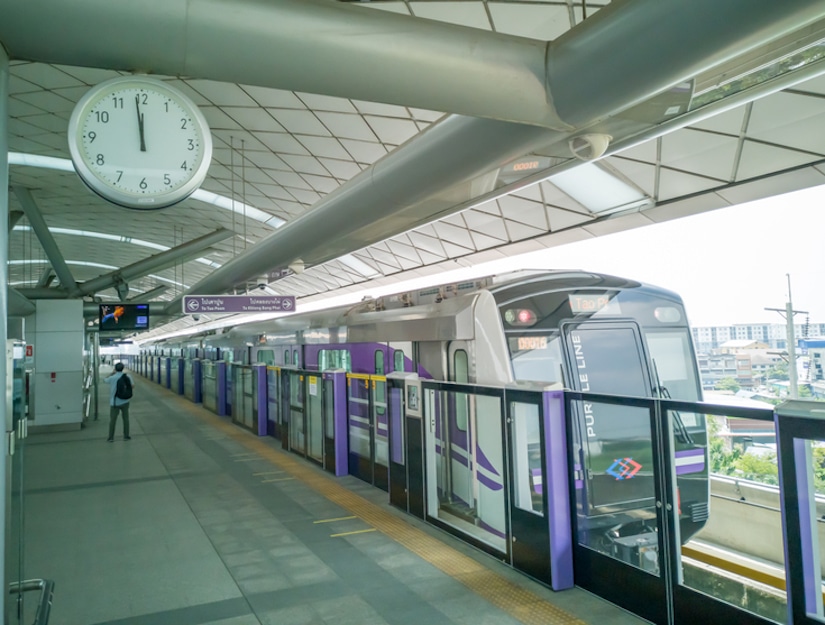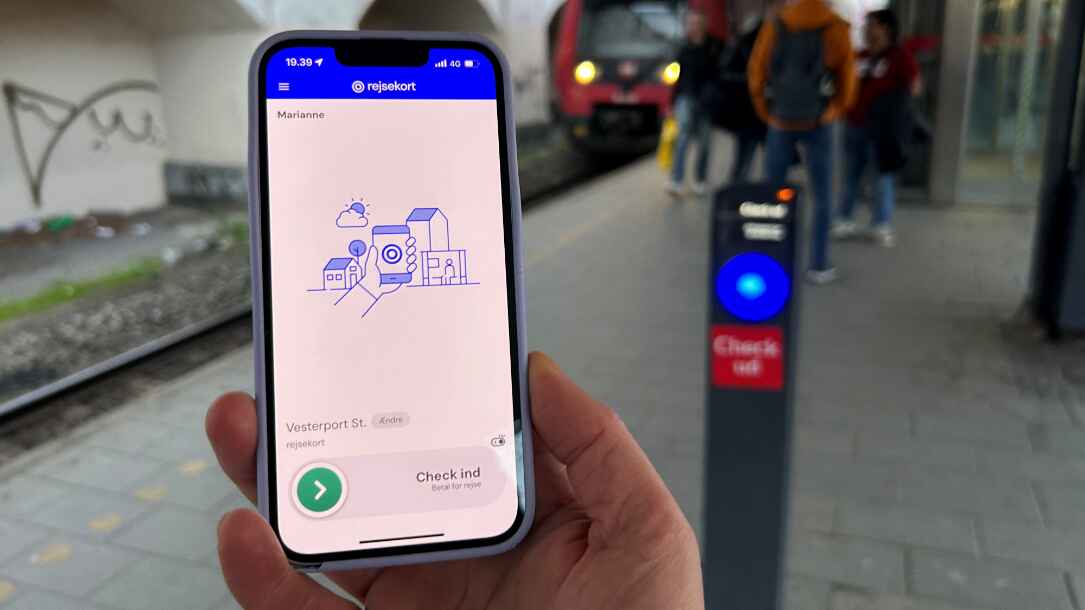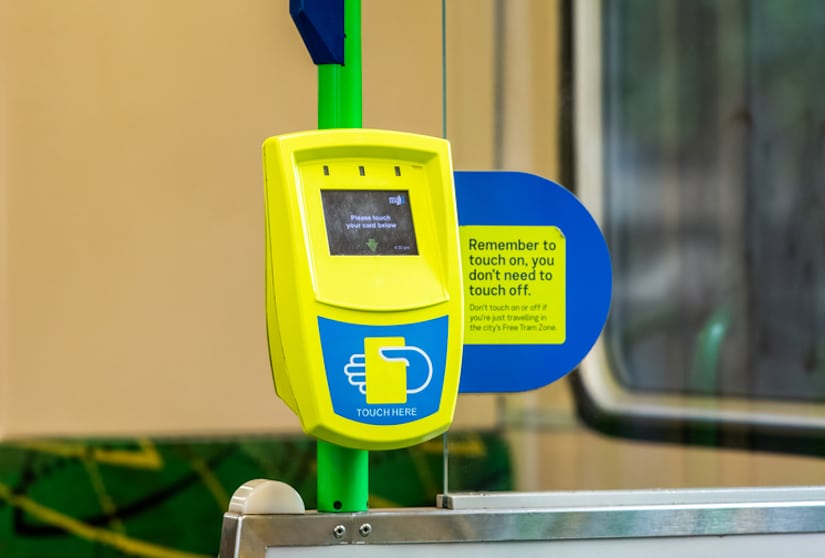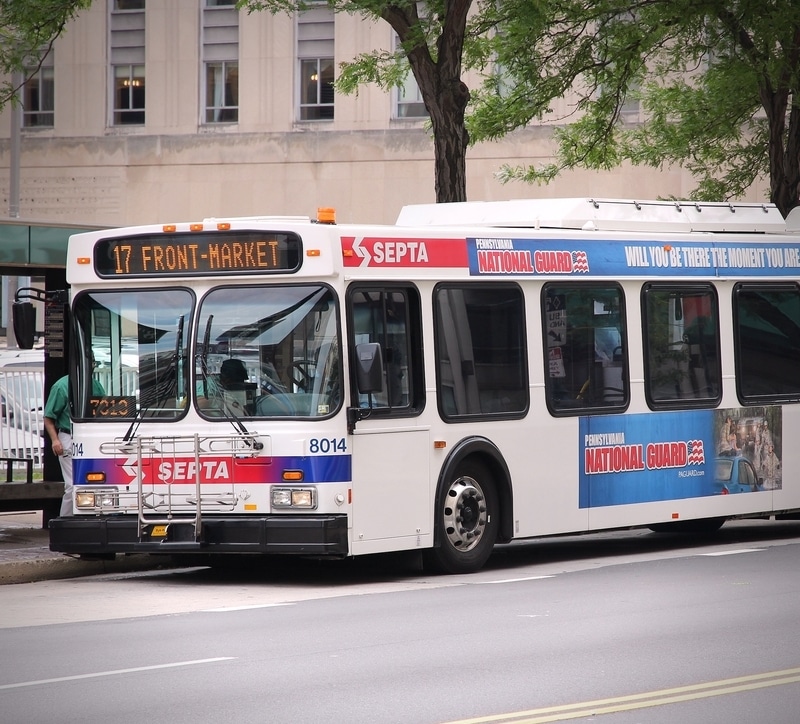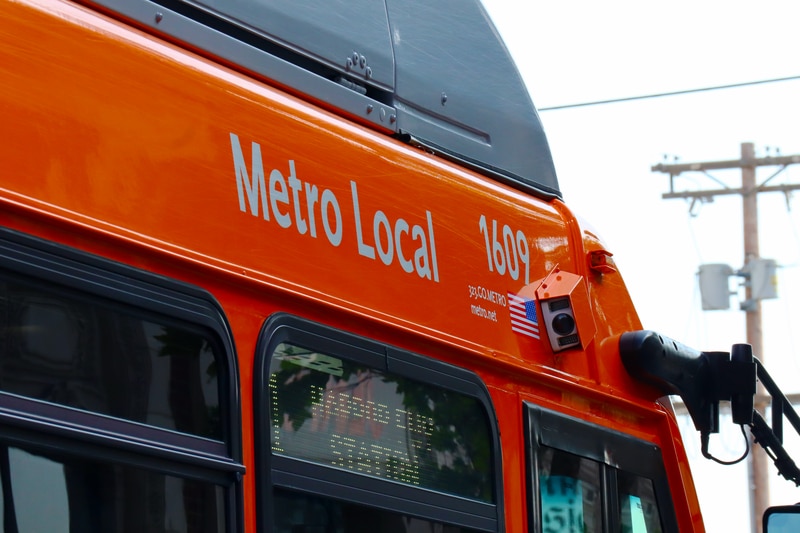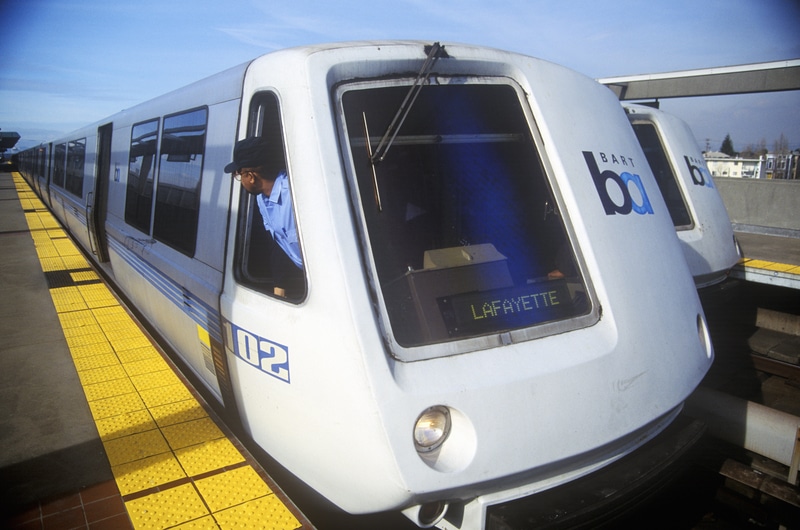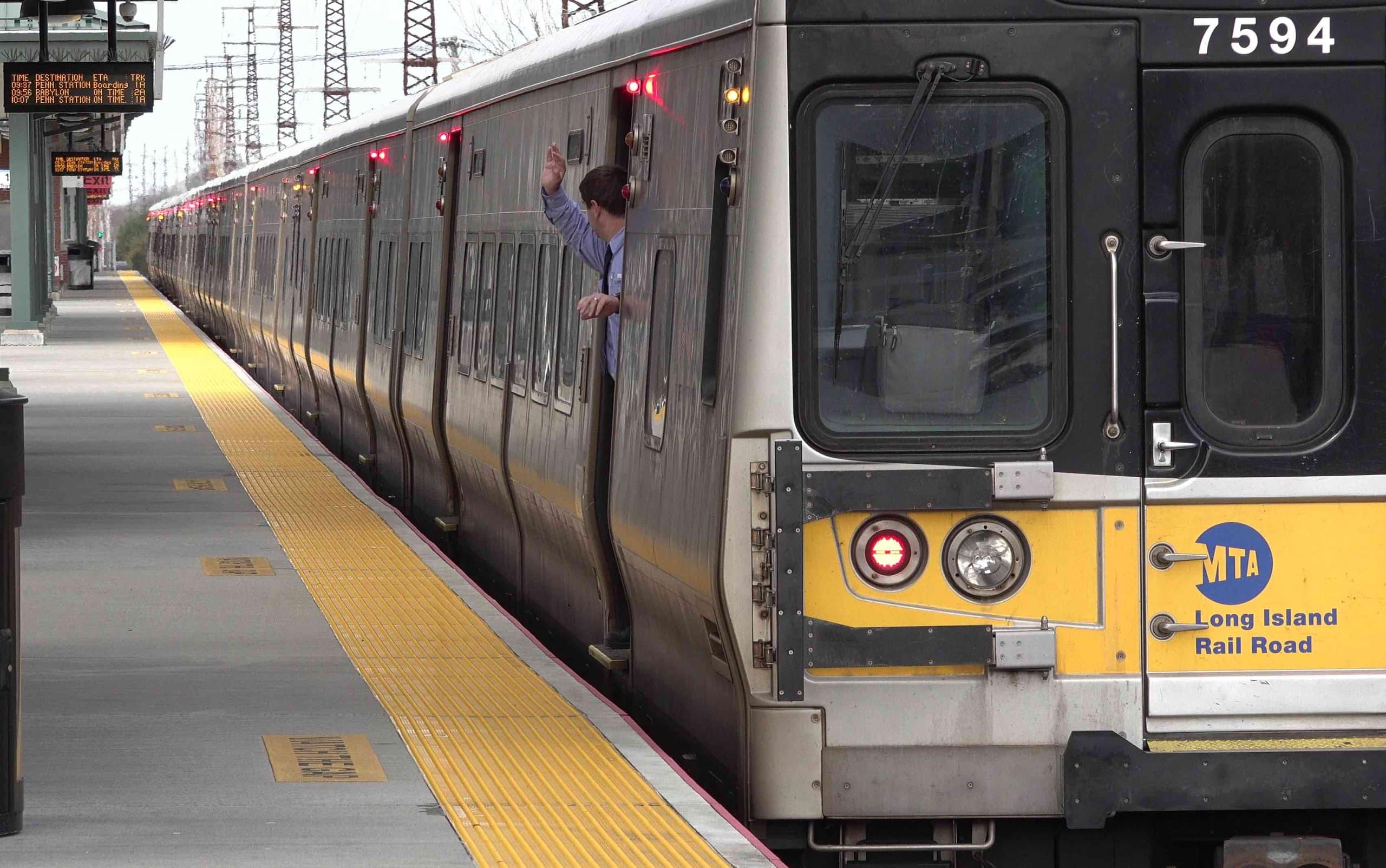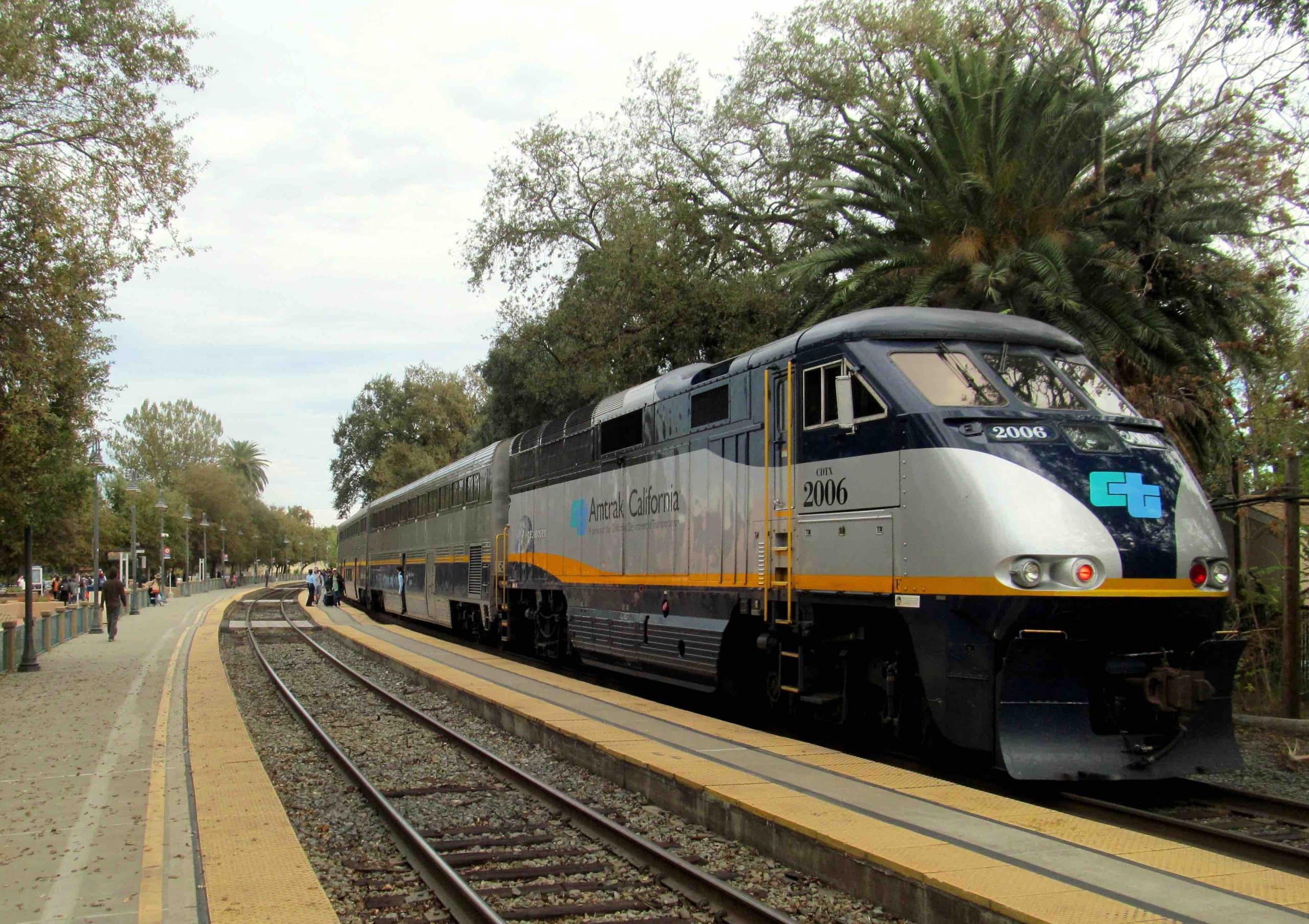
Article Highlights
The Capitol Corridor commuter and intercity rail service in Northern California plans to launch an open-loop payments trial in February, likely followed by a full rollout of the technology. Both the rail authority and a South Carolina bus agency are buying open-loop technology through the Cal-ITP program, the latter the first out-of-state agency to do so.
CCJPA has 18 stations and had pre-Covid ridership of just under 1.8 million in fiscal year 2019. That dropped to only 354,000 for the year ending last September, but ridership was up by 161% during the first seven months of the current fiscal year.
The Capitol Corridor commuter and intercity rail service in Northern California plans to launch an open-loop payments trial in February, likely followed by a full rollout of the technology, Mobility Payments has learned.







